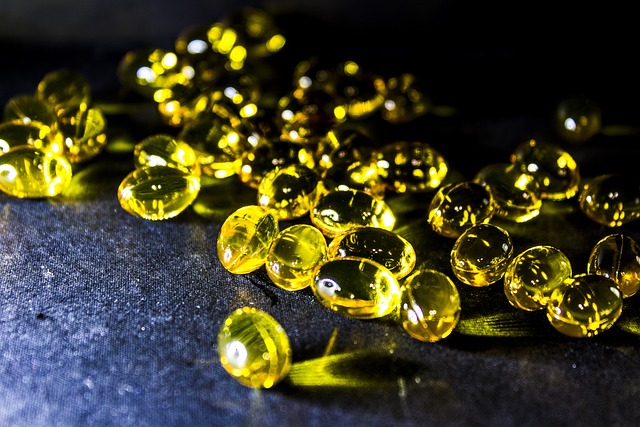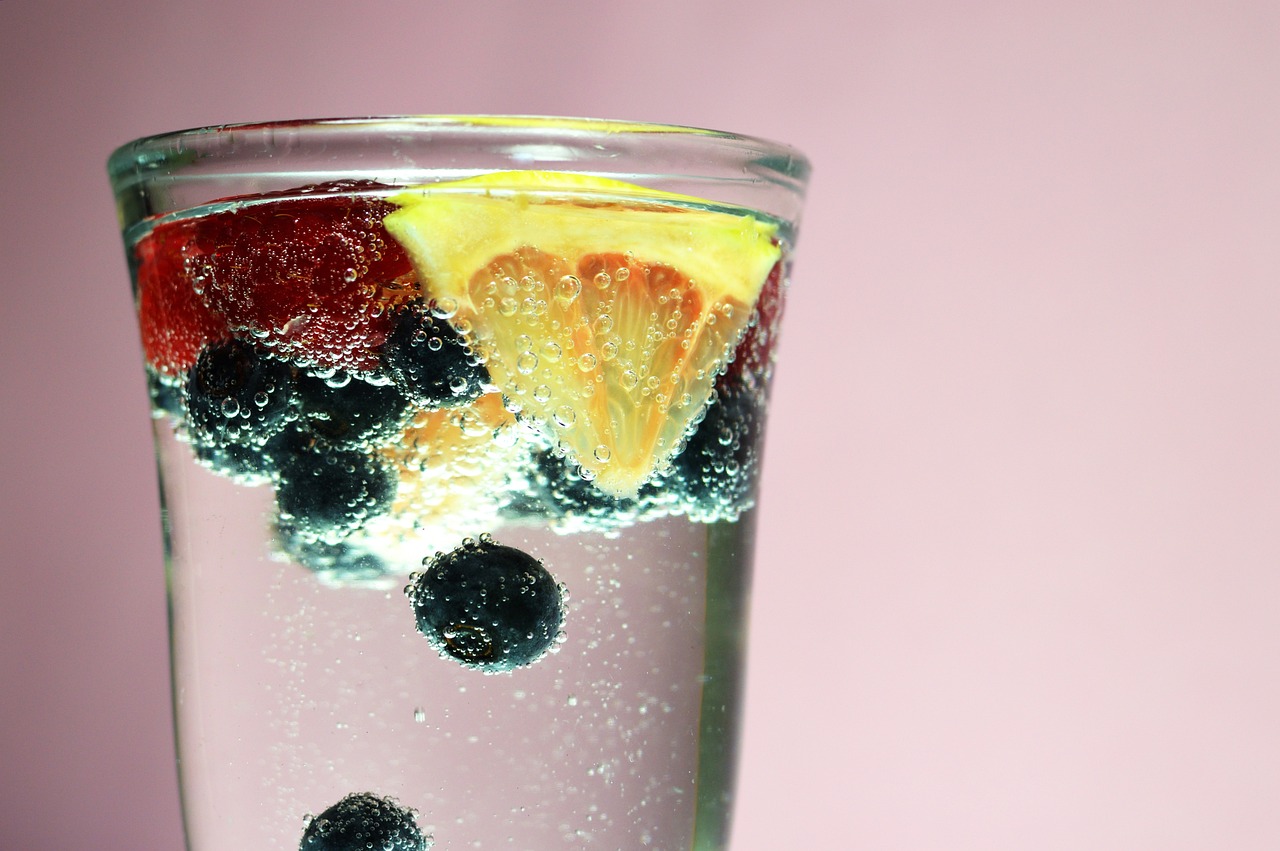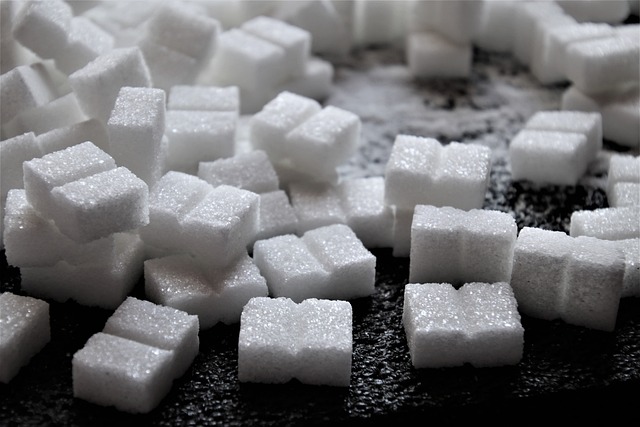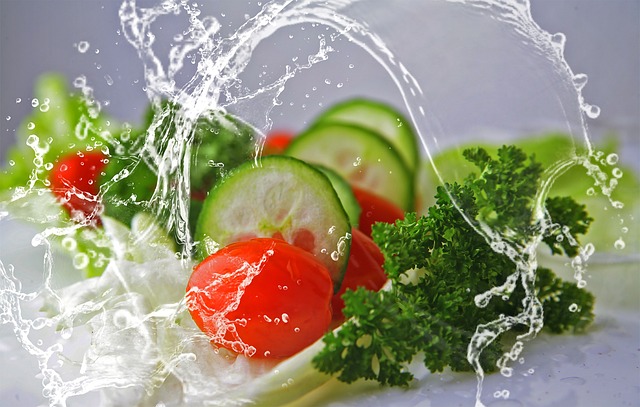Vitamins and Minerals

Table of Contents
What are vitamins and minerals?
The best way to get your vitamins is by eating them
Vitamins are organic substances, which means plants or animals make them. Minerals are inorganic elements which come from soil and water and are absorbed by plants or eaten by animals. Your body needs them for normal cell function, growth and development. There are 13 essential vitamins, different vitamins play different roles in the body, and a person requires a different amount of each vitamin to stay healthy.
What are the different types of vitamins?
Vitamins are generally classified as either fat-soluble or water-soluble
Fat-soluble vitamins
Vitamins A, D, E, and K are fat-soluble. The body stores fat-soluble vitamins in fatty tissue and the liver, and reserves of these vitamins can stay in the body for days and sometimes months.
Dietary fats help the body absorb fat-soluble vitamins through the intestinal tract.
Water-soluble vitamins
Water-soluble vitamins do not stay in the body for long and cannot be stored. They leave the body via the urine. Because of this, people need a more regular supply of water-soluble vitamins than fat-soluble ones.
Vitamin C and all the B vitamins are water-soluble
Vitamin A
Vitamin A
Essential for vision keeps tissues and skin healthy. Plays an important role in bone growth and in the immune system.
Sources: beef liver, eggs, shrimp, fish, fortified milk, butter, cheddar cheese, Swiss cheese
Vitamin B1, B2 & B3
THIAMIN (vitamin B1)
Helps convert food into energy. Needed for healthy skin, hair, muscles, and brain and is critical for nerve function.
Sources: Pork chops, brown rice, ham, soymilk, watermelons, acorn squash
RIBOFLAVIN (vitamin B2)
Helps convert food into energy. Needed for healthy skin, hair, blood, and brain
Sources: Milk, eggs, yoghurt, cheese, meats, green leafy vegetables, whole and enriched grains and cereals.
NIACIN (vitamin B3, nicotinic acid)
Helps convert food into energy. Essential for healthy skin, blood cells, brain, and nervous system
Sources: Meat, poultry, fish, fortified and whole grains, mushrooms, potatoes, peanut butter
Vitamin B5, B6 & B7
PANTOTHENIC ACID (vitamin B5)
Helps convert food into energy. Helps make lipids (fats), neurotransmitters, steroid hormones, and hemoglobin
Sources: Chicken, egg yolk, whole grains, broccoli, mushrooms, avocados, tomato products
PYRIDOXINE (vitamin B6)
Is needed for the proper function of sugars, fats, and proteins in the body. It’s also necessary for the development of the brain, nerves, skin, and many other parts of the body.
Sources: Meat, fish, poultry, legumes, tofu and other soy products, potatoes, noncitrus fruits such as bananas and watermelons
BIOTIN B7
Supports many of your body’s systems, including your nervous system, liver, eyes, hair, and skin. It helps the enzymes in your body carry out their jobs and keeps cells working as they should.
Sources: Whole grains, organ meats, egg yolks, soybeans, and fish
Vitamin B9 & B12
FOLIC ACID (vitamin B9)
Maintains a healthy nervous system.
Works with vitamin B12 to form healthy red blood cells which carry oxygen around the body.
Helps break down, use and create proteins.
Sources: Fortified grains and cereals, asparagus, okra, spinach, turnip greens, broccoli, legumes like black-eyed peas and chickpeas, orange juice, tomato juice
COBALAMIN (vitamin B12)
Helps keep your body’s blood and nerve cells healthy and helps make DNA, the genetic material in all of your cells.
Sources: Meat, poultry, fish, milk, cheese, eggs, fortified cereals, fortified soymilk
Vitamin C, D & E
ASCORBIC ACID (vitamin C)
Vitamin C has many important functions in the body, including keeping your skin, bones and connective tissue healthy as well as helping your body absorb iron.
Sources: Fruits and fruit juices (especially citrus), potatoes, broccoli, bell peppers, spinach, strawberries, tomatoes, Brussels sprouts
CALCIFEROL (vitamin D)
Helps maintain normal blood levels of calcium and phosphorus, which strengthen bones. Helps form teeth and bones.
Sources: Fortified milk or margarine, fortified cereals, fatty fish
ALPHA-TOCOPHEROL (vitamin E)
Is important to vision, reproduction, and the health of your blood, brain and skin. Vitamin E also has antioxidant properties.
Sources: Vegetable oils, salad dressings and margarines made with vegetable oils, wheat germ, leafy green vegetables, whole grains, nuts
Vitamin K & Choline
PHYLLOQUINONE, MENADIONE (vitamin K).
Helps to make various proteins that are needed for blood clotting and the building of bones.
Sources: Cabbage, liver, eggs, milk, spinach, broccoli, sprouts, kale, collards, and other green vegetables
CHOLINE
Your brain and nervous system need it to regulate memory, mood, muscle control, and other functions. You also need choline to form the membranes that surround your body’s cells.
Sources: milk, eggs, liver, salmon, and peanuts
Minerals - Calcium & Chloride
Calcium
Builds and protects bones and teeth. Helps with muscle contractions and relaxation, blood clotting, and nerve impulse transmission. Plays a role in hormone secretion and enzyme activation. Helps maintain healthy blood pressure
Sources: Yogurt, cheese, milk, tofu, sardines, salmon, fortified juices, leafy green vegetables, such as broccoli and kale (but not spinach or Swiss chard, which have binders that lessen absorption)
Chloride
Balances fluids in the body. A component of stomach acid, essential to digestion
Sources: Salt (sodium chloride), soy sauce, processed foods
Magnesium
Magnesium functions include helping with muscle and nerve function, regulating blood pressure, and supporting the immune system.
Sources: Nuts, legumes, dark green vegetables, seafood, whole grains, chocolate and cocoa.
Minerals - Chromium & Copper
Chromium
Chromium is an essential mineral that plays a role in how insulin helps the body regulate blood sugar levels. Insulin is a hormone your body uses to change sugar, starches, and other food into the energy you need for daily activities.
Sources: Liver, brewer’s yeast, whole grains, nuts, cheeses.
Copper
Our body uses copper to carry out many important functions, including making energy, connective tissues, and blood vessels. Copper also helps maintain the nervous and immune systems and activates genes. Your body also needs copper for brain development.
Sources: Legumes, nuts and seeds, whole grains, organ meats, drinking water.
Minerals - Fluoride, Iodine & Iron
Fluoride
Involved in the formation of bones and teeth; helps prevent tooth decay.
Sources: Drinking water (either fluoridated or naturally containing fluoride), fish, and most teas.
Iodine
The body needs iodine to make thyroid hormones. These hormones control the body’s metabolism and many other important functions. The body also needs thyroid hormones for proper bone and brain development during pregnancy and infancy.
Sources: Seafood, foods grown in iodine-rich soil, iodized salt, bread, dairy products.
Iron
Your body uses iron to make haemoglobin, a protein in red blood cells that carries oxygen from the lungs to all parts of the body, and myoglobin, a protein that provides oxygen to muscles.
Sources: Organ meats, red meats, fish, poultry, shellfish (especially clams), egg yolks, legumes, dried fruits, dark leafy greens, iron-enriched bread and cereals, and fortified cereals.
Minerals - Manganese & Molybdenum
Manganese
Manganese helps the body form connective tissue, bones, blood clotting factors, and sex hormones.
Sources: Widespread in foods, especially plant foods.
Molybdenum
Our body uses molybdenum to process proteins and genetic material like DNA. Molybdenum also helps break down drugs and toxic substances that enter the body.
Sources: Legumes, bread and grains, leafy greens, leafy green vegetables, milk, liver.
Minerals - Phosphorus & Potassium
Phosphorus
Important for healthy bones and teeth; found in every cell; part of the system that maintains acid-base balance.
Sources: Meat, fish, poultry, eggs, milk.
Potassium
It helps your nerves, muscles, and heart to function well, and also helps move nutrients and waste around your body’s cells. It also helps lower blood pressure.
Sources: bananas and apricots, mushrooms and spinach, nuts and seeds.
Minerals - Sodium & Sulphur
Sodium
Used to maintain proper fluid balance, muscle contraction, and nerve function.
Sources: Salt
Sulphur
Used to build and fix your DNA and protect your cells from damage. Sulfur also assists your body to metabolize food and contributes to the health of your skin, tendons, and ligaments.
Sources: meats, poultry, fish, eggs, milk, legumes, nuts.
Minerals - Selenium & Zinc
Selenium
Is a constituent of more than two dozen selenoproteins that play critical roles in reproduction, thyroid hormone metabolism, DNA synthesis, and protection from oxidative damage and infection
Sources: Meats, seafood, grains.
Zinc
It is a major player in the creation of DNA, the growth of cells, building proteins, the healing of damaged tissue, and supporting a healthy immune system.
Sources: Meats, fish, poultry, leavened whole grains, vegetables.
Good To Know
Eating a mix of foods is the best way to get all the vitamins and minerals you need each day. Fruits and vegetables, whole grains, low-fat dairy products, lean meats, fish, and poultry are the best choices for getting the nutrients your body needs.




